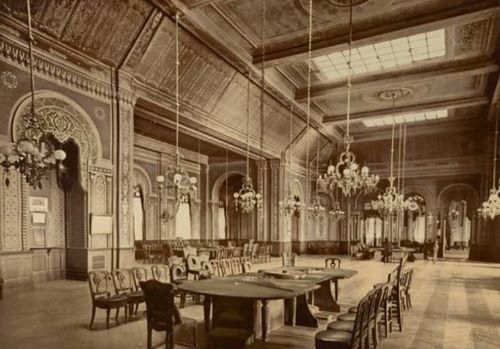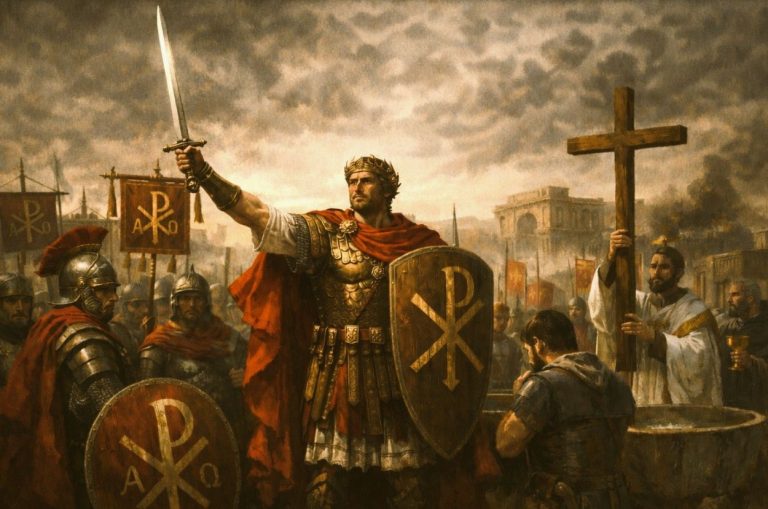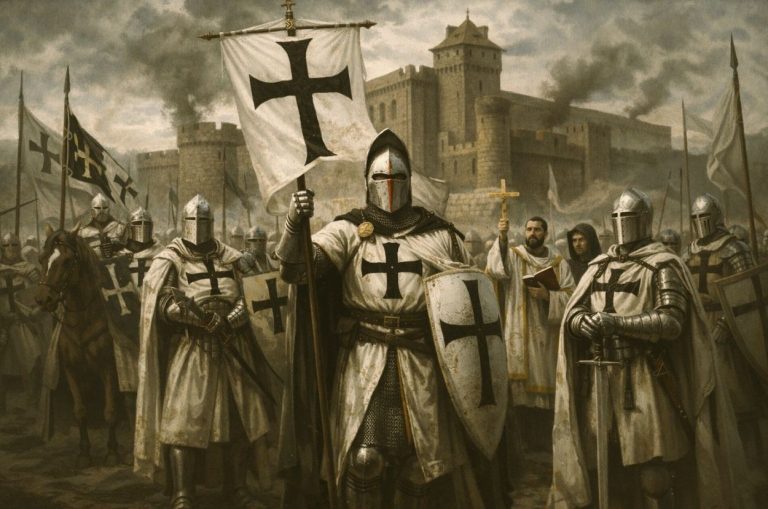

Gambling has been an intrinsic part of human civilization for centuries, spanning across different cultures and eras. From ancient civilizations engaging in rudimentary games of chance to the opulent casinos of modern times, the allure of gambling has transcended time and boundaries. This article takes you on a captivating historical journey, exploring the origins of gambling, the evolution of casinos, and the cultural significance of games of chance throughout history.
Ancient Origins of Gambling
The roots of gambling can be traced back to ancient civilizations like Mesopotamia, Egypt, and China, where archaeological evidence reveals the existence of various games of chance. Dice games, betting on animal races, and simple board games involving wagers were prevalent among the people of these ancient cultures. For instance, in ancient Rome, betting on gladiator contests and chariot races was a popular pastime, where spectators would place wagers on their favored combatants.
The significance of gambling in ancient cultures extended beyond mere entertainment, often having religious, social, and economic implications. In some instances, gambling was used as a divination tool to predict the outcome of future events or as a ritualistic practice to appease deities. The allure of uncertain outcomes and the thrill of risking something valuable contributed to the enduring popularity of gambling throughout antiquity.
The Emergence of the First Casinos
The concept of dedicated gambling establishments, known as casinos, began to take shape during the 17th and 18th centuries. The term “casino” originates from the Italian word “casa,” meaning house, which aptly described the private establishments where gambling activities took place. One of the earliest casinos was established in Venice, Italy, in the 17th century, offering a variety of games, including card games, dice, and betting on various events.
The popularity of casinos spread across Europe, with iconic establishments like Casino di Venezia and Casino de Monte-Carlo gaining prominence. These opulent casinos became symbols of luxury and grandeur, attracting nobility, aristocrats, and elite travelers. As the demand for gambling entertainment grew, casinos evolved to offer more sophisticated games and entertainment options, setting the stage for the modern casino industry.
Gambling in the Wild West
During the 19th-century American frontier era, gambling flourished in the Wild West. Saloons and makeshift gambling houses dotted the landscape, offering games like poker, faro, and roulette. Gambling became an integral part of the Wild West’s culture, with iconic figures like Wyatt Earp and Doc Holliday becoming synonymous with both gambling and lawlessness.
Gambling in the Wild West was a dynamic and often dangerous affair, with fortunes made and lost in high-stakes games. However, the lack of regulation and oversight often led to corruption and cheating, giving rise to the term “wildcatting,” referring to dishonest practices in gambling.
The Rise of Modern Casinos
In the 20th century, the casino industry experienced significant transformations, fueled by advancements in technology and changes in legal regulations. The legalization of gambling in certain regions, such as Las Vegas and Atlantic City in the United States, marked the beginning of a new era for casinos.
The introduction of electronic gaming machines, such as slot machines, revolutionized the casino landscape, providing a more accessible and immersive gaming experience. Over time, casinos embraced technological innovations, incorporating live casino online platforms, virtual reality gaming, and mobile applications to cater to a broader audience.
The Global Casino Industry Today
In the contemporary era, the casino industry has grown into a multi-billion-dollar global enterprise. Casinos now exist in various forms, from lavish resort-style establishments in world-famous cities to online casinos accessible to players worldwide.
The advent of online casinos and live casino online platforms has significantly expanded the reach of gambling, allowing players to enjoy their favorite games from the comfort of their homes. This digital evolution has presented both opportunities and challenges, with concerns over responsible gambling, fair play, and data security becoming increasingly relevant in the modern gambling landscape.
The Future of Gambling
As technology continues to advance, the future of gambling appears to be an exciting and transformative journey. Virtual reality gaming, blockchain-based casinos, and artificial intelligence-driven experiences are already shaping the industry’s trajectory.
The rise of cryptocurrencies, such as Bitcoin, is also influencing the gambling landscape, offering faster and more secure payment options for players. Additionally, the integration of gamification elements in various industries is blurring the lines between gaming and traditional forms of entertainment.
Responsible Gambling and Regulation
As the gambling industry evolves, responsible gambling practices and regulatory measures play a crucial role in safeguarding players and maintaining the integrity of the industry. Governments and regulatory bodies around the world are implementing measures to address issues like addiction, underage gambling, and money laundering.
Responsible gambling initiatives focus on promoting awareness about the risks associated with gambling and providing support for those experiencing gambling-related harm. Moreover, stringent regulatory frameworks aim to ensure fairness and transparency in the industry, enhancing players’ trust and confidence in gambling establishments.
The Timeless Allure of Gambling
Throughout history, gambling has remained a captivating and timeless form of entertainment. From ancient civilizations to modern online casinos, the allure of uncertain outcomes, the thrill of risking something valuable, and the communal experience of games of chance have transcended time and cultural boundaries.
As the casino industry continues to evolve, the enduring appeal of gambling ensures that it will remain an integral part of human entertainment and recreation for generations to come.
Conclusion
The fascinating history of gambling takes us on a captivating journey through time, showcasing the enduring allure of games of chance and the evolution of casinos. From ancient civilizations engaging in simple dice games to the opulent casinos of modern times and the emergence of online gambling platforms like live casino online, the essence of gambling remains unchanged – the thrill of uncertainty and the excitement of risking something valuable. Throughout history, gambling has not only entertained but also played significant roles in shaping cultural, economic, and even religious practices. From the ancient rituals of divination to the extravagant casinos frequented by the elite, the impact of gambling extends beyond mere entertainment.


